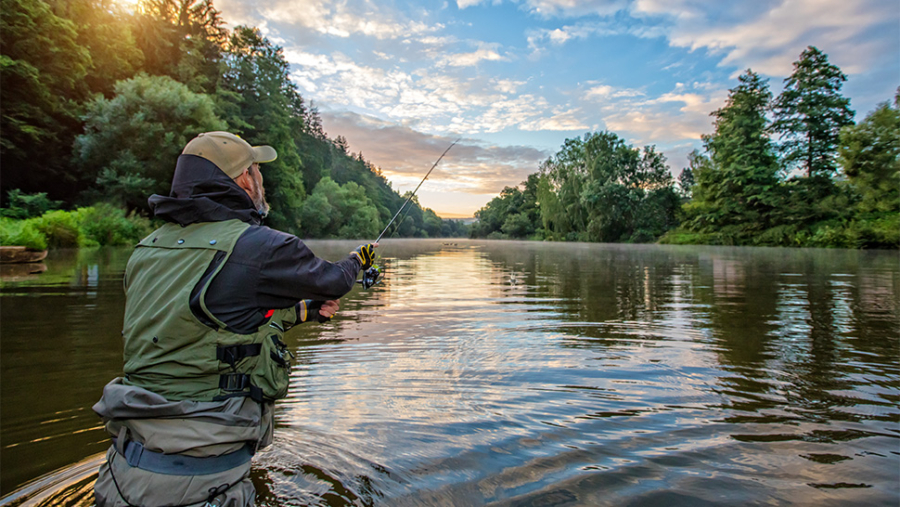

Herefordshire is blessed with several beautiful stretches of river. Not only are these of vital importance to the rural economy, but they also provide an outlet for a range of sporting and leisure pursuits, including fishing and water sports.
Competing rights and interests in watercourses can give rise to conflict, and to costly battles where rights are infringed, or environmental or planning controls are breached. A case in point was a recent conflict between the owner of a trout fishery and a neighbouring farmer.
The farmer owned the land adjoining the river but did not own the fishing rights for the relevant stretch, as the rights had been separately acquired by the owner of the trout fishery. Following a number of flooding incidents, the farmer removed a large amount of gravel from the riverbed and used this to build a levee on one of the riverbanks.
The farmer maintained that the works had been carried out in an attempt to alleviate flooding. The works, however, had a significant impact on the fishery, and in particular on the spawning of salmon and trout. The owner of the trout fishery claimed damages and an injunction, and the farmer was forced to undertake a remedial scheme to restore the bed of the river, at a significant cost. They were also subject to separate enforcement action by the Environment Agency.
More recently, the enforcement action taken by Natural England and the Environment Agency against John Price for unconsented works to the bed of the River Lugg has drawn wide publicity. Many people have sympathised with Mr Price for his stated intention of seeking to prevent flooding to local properties.
Landowners should, however, be very cautious of undertaking works or other actions which may interfere with third party rights, including sporting or fishing rights, or from breaching any relevant environmental, planning or other regulatory controls. In that regard, many of our clients are proud custodians of the environment, and, for example, are actively seeking to reduce and manage nutrient pollution.
Other users of watercourses should also take care not to interfere with riparian or other third-party rights. It has previously been held by the courts, for example, that canoeing along a stretch of river can potentially give rise to unlawful interference with fishing rights.










